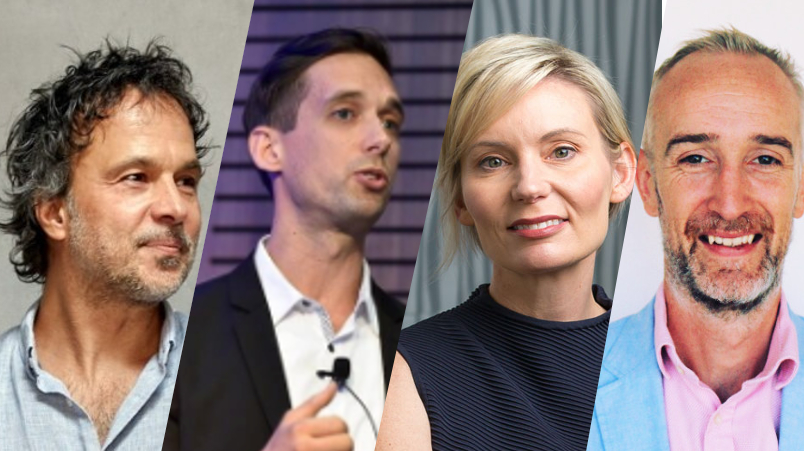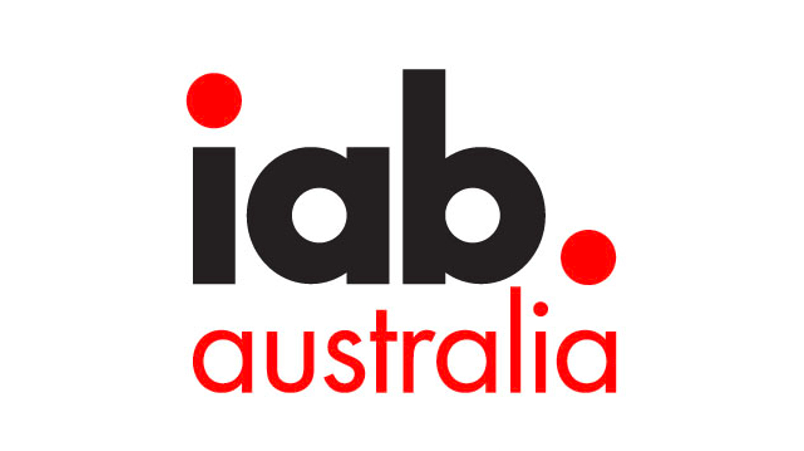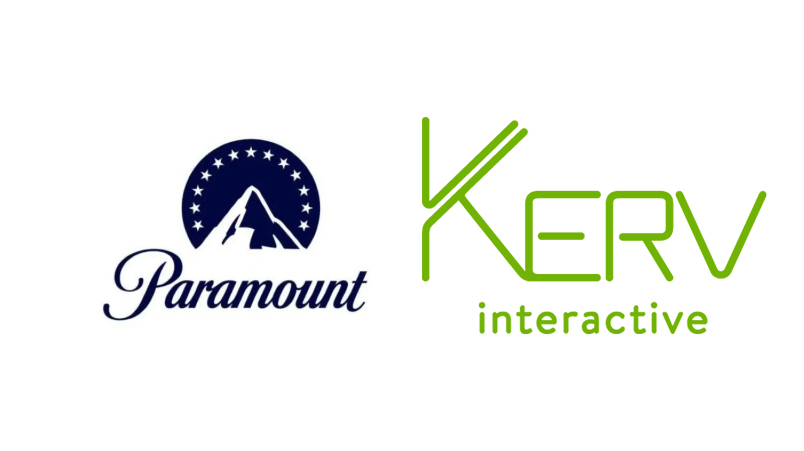Mi3's Top 10 Tech stories of 2021: Stack wars, tracking armageddon and explosive allegations that Google and Facebook colluded to rig the ad market

2021 was rich pickings for tech stories. Google and Facebook held Australia to ransom and for a time, Bing was going to enter the vernacular. Sadly for Microsoft execs, Defcon One was de-escalated. As Apple hobbled half the mobile market - and kneecapped Facebook - Google then punted its third party cookie cull into 2023. Programmatic guns cracked the champagne and retrieved the cookie bombing handbook from the bin. But Big Tech's turf wars are already spilling over – and the smart marketers are preparing fundamental post-privacy shifts in strategy. Mi3's top 10 tech stories feature: The Iconic's Alexander Myer, Beem-It's Pat Darcy, Amplified Intelligence's Karen Nelson-Field, Aware Super's Nick Barnett, OMG's Kristiaan Kroon, a CommBank gatekeeper and 16 narratively brilliant US Attorneys General.
10.
Any collaboration between two competitors of such magnitude should have set off the loudest alarm bells in terms of antitrust compliance. Apparently, it did not.
Over the past decade, advertisers have been paying billions more than they needed to due to anticompetitive actions taken by Google that inflated advertising costs, Attorneys General for 16 US states believe. Demanding a jury trial in New York, unredacted details from the lawsuit include internal Google messages. The filing alleges collusion with Facebook, market manipulation and anticompetitive behaviour at a grand scale that has handed Google hugely inflated cuts of advertisers spend, up to 42 cents on the dollar, while crushing competition. This one's got a way to run yet.
9.
There will not be a single replacement for cookies. If people are expecting a like-for-like future, they should get over that and move on.
Mi3’s ‘Post-privacy, post-cookies’ report presents arguably the most comprehensive cross-industry analysis yet on how every part of the marketing, media and tech industries are preparing to operate in a post-privacy environment, and where the unknown could land. There's some convergence, much divergence but no consensus. Call it an early industry roadmap navigating the biggest upheaval to digital marketing and media for two decades. It's big. Read it here.
8.
This is going to be a way to cover off everything in your life – financial, retail, payments and personal banking. It's... the next evolution of fintech.
Pat Darcy and Mark Britt have got the band back together at Eftpos-owned payment platform Beem It. The former Mi9 execs are wooing the younger set with blended cash, crypto and reward points payments, and an ID, data, loyalty and commerce hub. The duo see a major opportunity for brands to tap its 1.4 million users, for whom they intend to build a "lifestyle app" that rewards them fairly for deep data and goes far beyond banking, payments and retail.
7.
We have become used to significant disruption at a very regular cadence. This would be a very, very big one, and we can’t pretend otherwise. But ultimately there are other providers. We would adapt.
Ad execs say Australia can handle a Google exit with Apple, Microsoft and even Yahoo set to gain
For a while, as Google and Facebook threatened to pull the plug on Australian operations mid-stoush over the bargaining code, Bing was going to inherit the earth and become an everyday verb. Sadly for Microsoft, that didn't happen. But if it had, Australia would have survived, per media execs.
6.
If the key differentiator in the future cannot be the ability to 'out-target’ anymore, you need to look at the completeness of how you approach marketing.
The Iconic CMO Alexander Meyer (now heading to pastures new) gives a full and frank assessment of both narrow digital marketers, their tactics and looming career crisis, and the implications of life post-cookies. Meanwhile TA unpacks its plan to build a proprietary audience ID graph for when cookies, eventually, crumble. The tourism body has since gone to ground, but the podcast remains a must listen for anybody planning on working in media after 2023.
5.
We know that individuals can be tracked online, targeted for advertising, targeted for misinformation campaigns. Too many of those kind of behaviours have escaped regulatory action because today they've been able to say, ‘Well, we didn't know who the person was at the other end of that IP address that we were targeting. Therefore, our Privacy obligations don't exist’. That's the big change.
Brands, publishers, media owners, agencies and platforms are facing an upending of current data and consent practices with Australian lawmakers and regulators aiming for a set of data protection laws that are tougher than GDPR. Online identifiers that the digital ad industry has taken for granted look set to be significantly curbed. The risks are large; those that flout incoming law changes may find themselves open to class actions as well as regulatory punishment. Get ahead of what's coming sooner than you think by taking eight minutes to read this story.
4.
If Amplified Intelligence achieve what we think they’re going to achieve, there will be a world class winner coming out of Australia.
2021 was the year attention metrics made everyone's radar. Now everyone's scrambling to build robust currencies that allow people to get away from clicks and better value impact. Professor Karen Nelson-Field’s Amplified Intelligence is leading the pack, in late September landing funds from some of Australia and New Zealand’s top high net worth investors and family offices – including tech darlings Canva and Afterpay – via venture capital syndicate Ten13. With Nine on board – and now working out how to implement attention planning and buying – 2022 could be a breakthrough year.
3.
Our assumption should be that [Apple's changes] may disable many things marketers do, as those practices often take advantage of all available information on a device or in an app.
Apple rumble: iOS 15 to clobber fingerprinting, ‘householding’, ID targeting and email marketing
Apple is keeping the heat on brands and publishing – and for some the impacts of its latest iOS update could be more disruptive than the end of cookies. Adtech firms are also in Apple's crosshairs. Universal IDs may be toast. Fingerprinting, now rebranded as probabalistic tracking, becomes harder. Anyone that does email marketing should probably be worried.
2.
The thing to remember is that hyper-targeted advertising is a lot like Game of Thrones. We enjoyed it for a while but now it’s coming to a disappointing, confusing end, so it’s time to start a fresh series.
Apple's April iOS 14.5 update saw few people opting in to share their data. Things have not really picked up. Some think the stability of Apple's ID for Advertisers, a crucial cog in the ad machine, is seriously compromised, with billions of dollars worth of advertising impacted. But while some predicted blood for publishers before the year end – and marketers are now feeling the impacts on targeting, measurements and costs – the sky appears not have fallen in. Yet.
1.
CBA has made changes in our media buying technology and have transitioned to the Google adserver, Google Search buying platform and [we are] in the process of transitioning to the digital programmatic DSP.
CommBank splits Adobe stack as Google feasts on post-cookie fears, Ad Cloud’s future questioned
After cookie-based match rates started to drop off driven by Apple and Google's pincer movement – and its ad server started to look less fit for purpose – CommBank opted to get closer to Google at Adobe's expense. Telcos and large FMCG companies are also understood to mulling similar moves as the adtech turf wars enter a new phase here and abroad.








